Police [Masters of Cinema] [1985] (DVD)
I wish all DVD releases were like this. The best transfer you can reasonably expect of the main feature - and a whole host of worthwhile extras, betraying a modicum of loving care and attention. Which is not to say that 'Police' is the finest film ever made. In my opinion, it isn't. Which in turn is not to say that it's a bad movie. It isn't.
'Police' is an entertaining, fast paced cop drama, using cinema verite wobble-cam and ad-libbed dialogue to add to the sense of realism. Think 'Homicide' meets 'Starsky and Hutch' with a soupcon of Eric Rohmer panache. Of course, to do this well, you need capable actors and there is no doubt that the star turns here (both Gerard Depardieu and the beautiful Sophie Marceau) are top notch.
Director Maurice Pialat (who appears in a documentary made at the time of filming on the 'Police Set') is certainly a 'serious' film-maker. The extra feature, featuring Pialat on the 17th day of filming shows the extraordinary, and slightly painful, lengths that he was prepared to go to, to get the right results on film. Watching this, I couldn't decide whether his intellectual and artistic intensity on set was a little too much. After all - this is just a cop movie, right? Well, it is and in some respects it isn't. There is also a strong sense of melodrama here - or in a kinder light, an almost existential inevitability to the way the narrative pans out, giving the film a slightly melancholic air as it nears its end.
So how does this very laudable and artistic merit combine with cops and robbers action? In truth, rather well - which may be why the movie has found itself on critics 'top movie' lists and alongside some far greater movies in Eureka's superb 'Masters of the Cinema' release programme.
Gérard Depardieu had already worked with Director Pialat on some of his most notable works - Loulou, Sous le soleil de Satan, and Le Garçu. Here he plays Mangin, a tough no nonsense cop who's determined to break a Tunisian drugs ring. However, when Mangin meets the surly Noria (Sophie Marceau) everything changes - including the moral compass that has been Mangin's guide. Suddenly nothing is black and white, nothing 'right' or 'wrong'. Even his lawyer friend confesses that all the crooks he represents are guilty - but such is the way of the mad world they both play a part in.
Maybe the strange mix of film noir tough cop stuff with complex psychologically charged relationships can be attributed in part to Pialat's choice of writer - Catherine Breillat (director of The Last Mistress, Anatomy of Hell, Fat Girl) who admits to not knowing the first thing about how either cops or robbers minds work.
The result of this curious narrative, alongside Pialat's insistence on busked dialogue and naturalistic, gritty camerawork is a tremendously watchable film. Depardieu and Marceau are dynamite together - masters of their art.
Throughout the film there is the residing atmosphere of the 1980's (this was made in 1985) - from the cars, clothes and even attitudes, the eighties somehow makes its presence felt in a universally shared way despite the film being French and set in Paris. The eighties, it would seem, got everywhere.
This is a digitally restored version of the movie, issued for the first time as nature intended - in original aspect ratio with a very clean anamorphic transfer. But it's generally a grey, slightly grainy affair, which was very much the look of the day. However, the 'gorgeous' superlative used in the accompanying PR materials seems a little strong. After all, this is no 'Brigadoon'!
EXTRA FEATURES
Apparently great care has been taken with the sub-titling and it's easy to believe. They are far from distracting and the film was simple to follow.
There's a 2003 interview with co-screenwriter Catherine Breillat (by the former Cahiers du cinéma editor-in-chief, and current director of the Cinémathèque Française, Serge Toubiana) which shows her to be very humble, honest and open about what she did, and didn't achieve for Pialat.
Zoom Sur Police [Zoom Onto Police] (2002) is a 34-minute documentary by Virginie Apiou about the production of the film which does a great job of putting the picture into context. This was no Hollywood blockbuster and the on set approach was more like that of a hard-working theatre company with either a very visionary director, or a very autocratic one.
There are some screen-tests featuring Maurice Pialat and C. Galmiche, the inspiration for the character of Lambert the Lawyer. It's easy to see why Pialat became entranced by the young criminal lawyer's charisma - though equally easy to see why they didn't cast him in the movie.
A nice feature is a fascinating excerpt from a 1985 episode of Cinéma Cinémas shot during the course of the 17th day of production on Police where you get a tremendous flavour of what it would have been like working on the film.
Then there's a 23-minute video discussion with Yann Dedet, the editor of Police which discusses how the pace and atmosphere of the film was further enhanced by the cut.
Finally, there's the original trailer, as well as trailers for other Maurice Pialat films to be released by The Masters of Cinema Series
The 40-page booklet containing a new essay by filmmaker and critic Dan Sallitt, and newly translated interviews with Maurice Pialat didn't come with my check disc so I am unable to comment though I'm sure that this would have been the icing on the cake of a very comprehensive set.
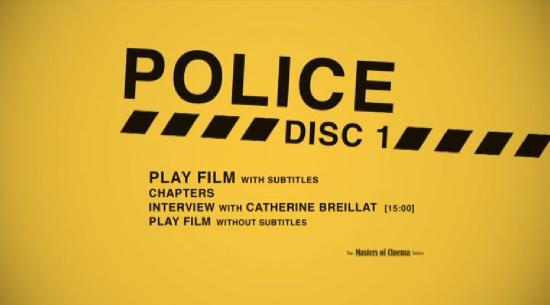
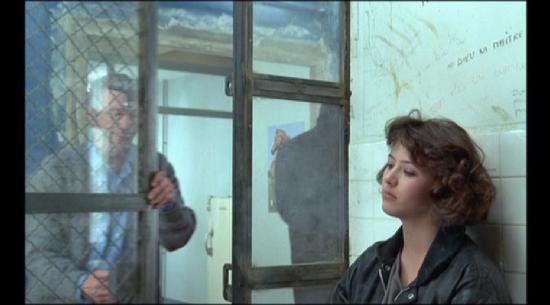
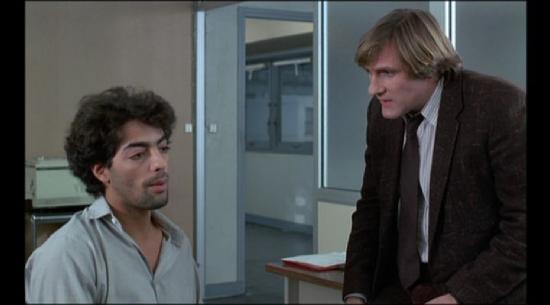
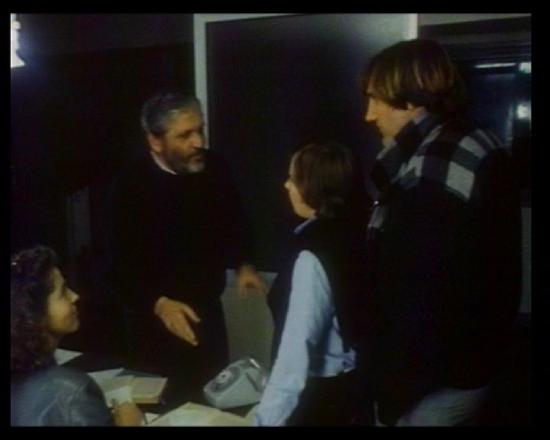
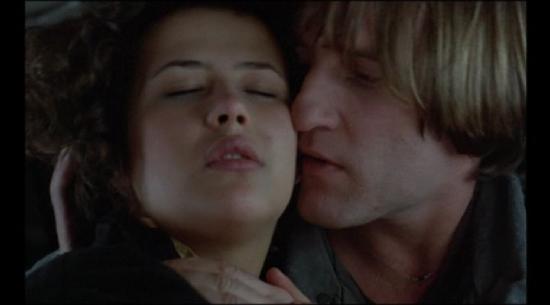
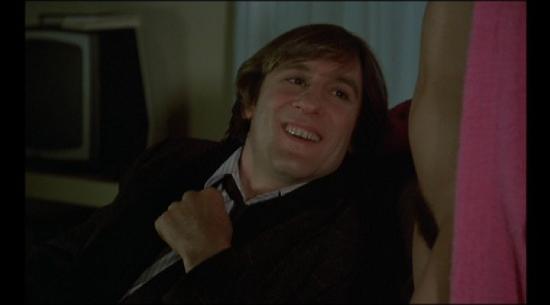
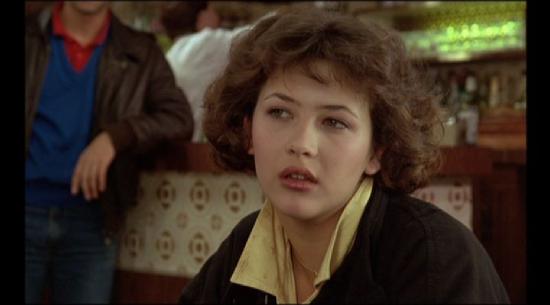
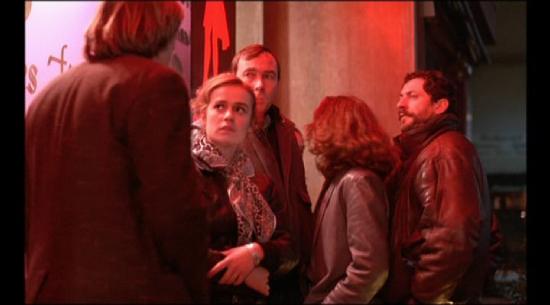
Your Opinions and Comments
Be the first to post a comment!